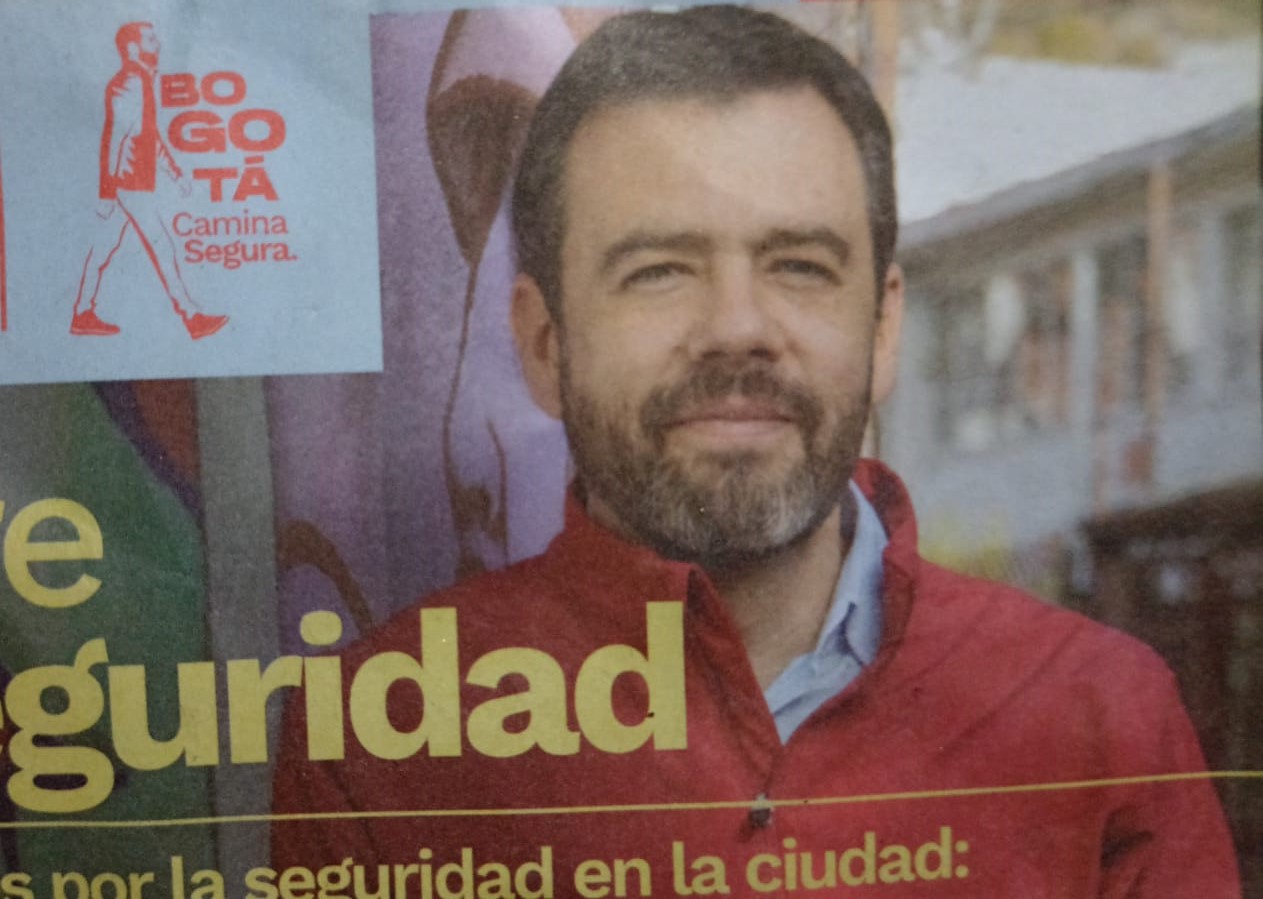Gig workers in the field are eligible to apply for emergency funds. Meanwhile, Bogotá’s premier indie theatre is in a fight for survival.

Emergency fund for nation’s audiovisual and film industry
Just before public activity in Bogotá started to grind to a halt, Cartagena was in the midst of hosting the FICCI (Festival Internacional de Cartagena de Indias), the national film event of the year. By the morning of its third day, however, festival organisers were forced to call off the rest of the multi-day event as the country prepared for a full-scale national quarantine.
This was disappointing for all in the film industry, whether or not they were in attendance. The significance of the festival’s cancellation indicated an obligatory pause on every forthcoming shoot in the country. Set decorators, production assistants, sound mixers, casting directors, and location scouts – all essential elements to most large-scale film and television productions – were set to lose their livelihood for the duration of the national emergency.
Project-based work is precarious in nature, relying on the stability of the market to provide consistent employment for its workforce. Like much of Colombia’s informal economy, contract workers lost out on future compensation for their services when the country shut down.
The Colombian Academy of Cinematic Arts and Sciences, ACACC, announced earlier this month that they, in collaboration with Netflix, would be making a relief fund of $500,000 available to eligible workers in the Colombian audiovisual industry. For Netflix, the fund in Colombia is part of a much larger global commitment to support creative communities all over the world with USD$150 million of emergency relief funding.
“We hope that by joining forces, we’ll be able to help them [technical workers] during this difficult time,” said Consuelo Luzardo, ACACC president. “We welcome Netflix’s commitment to this fund and we hope that other members of the industry will be able to come together and contribute.”
The ACACC will be managing the relief fund, awarding one-time payments of COP$1.2 million per grantee. Workers within 100 different roles (sound mixers, production assistants, set designers, etc) who had an active or pending contract during the relevant time period, are invited to apply.
City’s beloved indie theatre in dire straits
Meanwhile in Bogotá’s picturesque La Merced neighbourhood, six-year-old indie house theatre Cine Tonalá is doing everything in its power to survive the pandemic.
Less than a month into the national quarantine, the theatre announced itself “about to close” if no radical measures were taken. The theatre’s social media accounts have communicated a general sense of uneasiness since the very beginning of the quarantine. Tonalá started promoting watch-from-home streaming options through the platform Mowies with the hashtags #apoyemosatonalá #cinetonaláresiste.
The multi-purpose venue’s full-service restaurant, which is of course also shut down for in-house service, has continued operating for delivery in order to serve customers and make some sales. But like many small businesses, it could be a struggle to stay open.
“It’s highly likely that we won’t see each other again in the house in La Merced where we always welcomed you with open arms and that we won’t be able to keep being a special space to host and promote Colombian film,” said Cine Tonalá’s last official press communication in a bid to raise awareness around the theatre’s imminent closure.
Cine Tonalá hopes that its status as a major supporter of Colombian film will help rally financial and institutional support. In just six years in Bogotá, it has hosted 4,000 functions dedicated exclusively to showing and promoting Colombian film.
Click here to lend your support.





